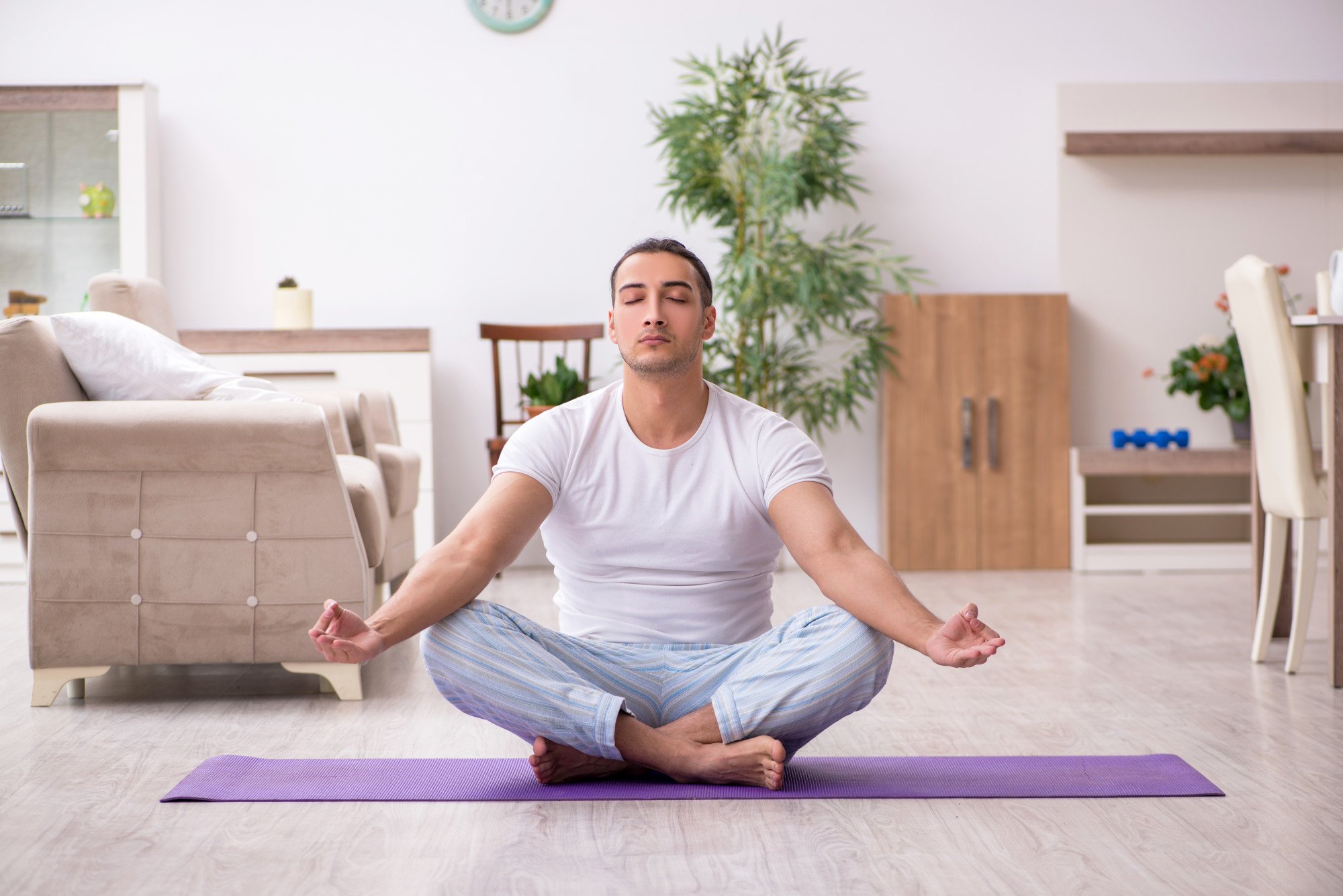
Can’t sleep? 5 expert tips for better shuteye – from no screens to pre-bed rituals to when to stop drinking coffee
- Sleep specialists describe why you should shut off all screens – including your phone and the TV – at least 45 minutes before bedtime
- Resist that coffee in the afternoon, experts say, and find a good wind-down practice that works for you before tucking yourself into bed
After a busy day, locating your “off switch” can be difficult. When all your tasks have finally finished – the email has been sent and the kids have been put to bed – all you want to do is hit the pillow and snooze.
But it isn’t always that simple.
Getting enough sleep is important for your mental and physical health – so what can you do to sleep better?

1. Avoid caffeine after lunch
Caffeine can stay in your system for up to 10 hours and interfere with a healthy night’s sleep, says sleep medicine specialist Dr Hal Alpert, of New York City, a member of the New York State Society of Sleep Medicine and American Academy of Sleep Medicine.
PTSD wrecked her sleep. Moving home and meditation made it better
Dr Alicia Roth, a clinical health psychologist at the Cleveland Clinic’s Sleep Disorders Centre in the US state of Ohio, adds that human beings are not meant to sit in discomfort. Someone suffering from insomnia might attempt to cope midday with a big cup of coffee or other caffeinated drink.
This is the wrong move and will inevitably delay sleep further while continuing what Roth calls a “vicious cycle”.

2. Avoid technology before bedtime
Exposure to a television, a smartphone, or computer before bed can prevent you from falling asleep.
These devices emit blue light, Alpert explains, which can interfere with the release of melatonin, a hormone produced in the brain’s pineal gland that helps with sleep onset.
Dr Ronald Chervin, the division chief of the Sleep Disorders Centres at the University of Michigan in the US, agrees with this recommendation, saying that you should aim for zero screen time starting at least 45 minutes before bedtime.
3. Create a wind-down period before bed

This is not a “wine-down” period, Alpert says. Rather than reach for a bottle of cabernet, create a few hours before bed to “calm your over-aroused brain and encourage sleep onset”.
The “outside the bedroom” component is key, Roth says.

“Whatever you want to do for a wind-down is up to you, it’s very individualistic,” she explains, “but do it outside your bed, and only move into the bed when you feel sleepy.”
Chervin is also a proponent of the wind-down period, emphasising the importance of a routine.

4. Go to bed and wake up at the same time
“One of the main things that helps is to have a regular sleep schedule,” Chervin explains. “That means the same time going to bed and the same time getting out of bed.”
By implementing a fairly rigid schedule, your brain is trained to expect those times and enter the right mindset for sleep. Chervin also advises turning your alarm clock away from you after setting it so you don’t wake up at night and get frustrated or anxious when you see the time.
Meditation: a Silicon Valley executive’s secret to success
5. Pay attention to natural cues
Sometimes ditching the routine altogether is better as well, Roth explains. Get in bed because you’re tired – don’t do it because it’s 10pm and you’re hoping you’ll be sleepy once you get in bed.
